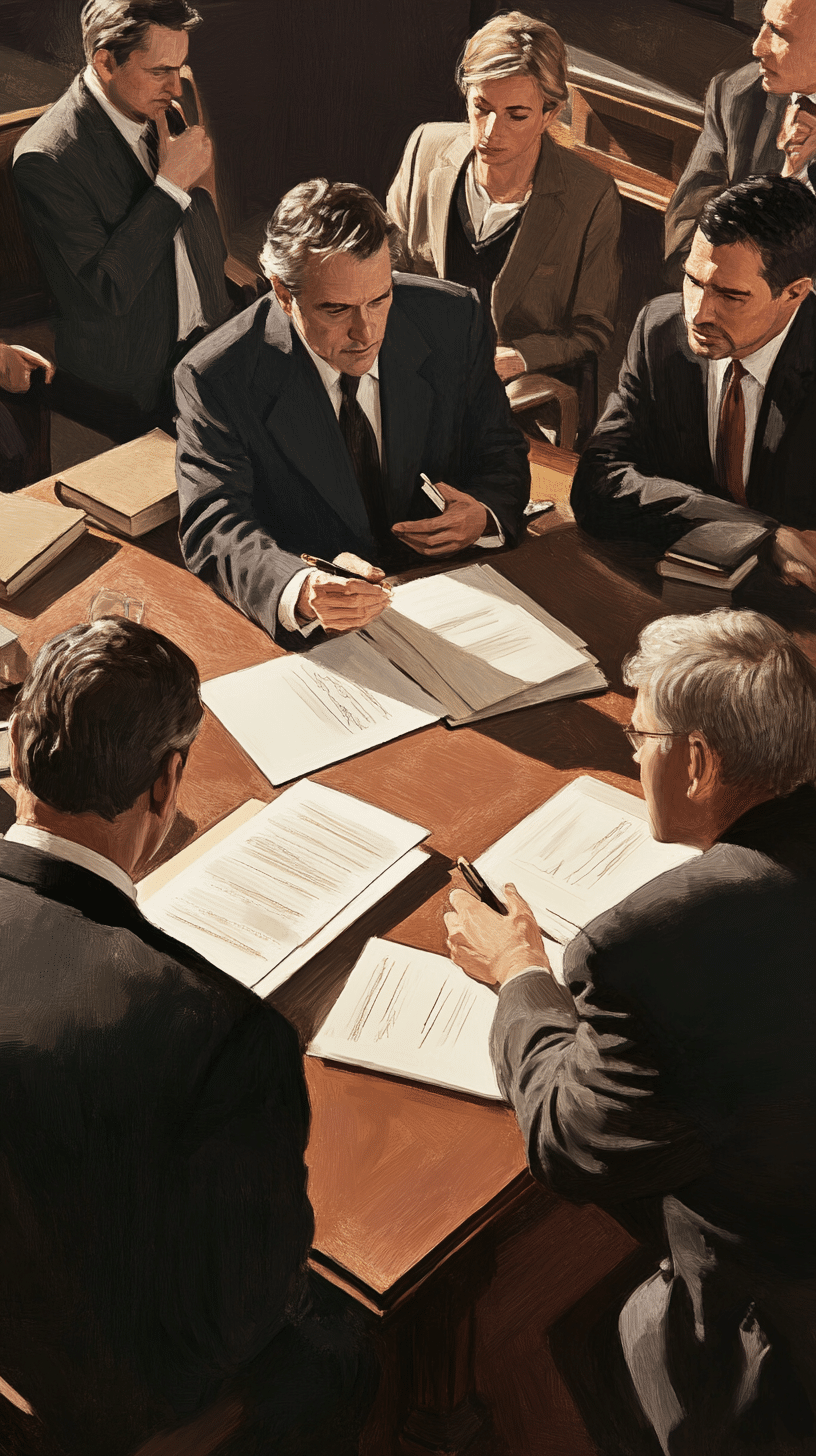In the matter of PLP Acupuncture, P.C. v Progressive Cas. Ins. Co., 2009 NYSlipOp 50491(U)(App. Term 2d Dept. 2009) http://www.courts.state.ny.us/reporter/3dseries/2009/2009_50491.htm, the Appellate Term observed the following:
Defendant’s affirmed peer review report and the affidavit of its peer review acupuncturist established prima facie that there was no medical necessity for the services provided by plaintiff. We note that as some of the medical reports relied upon by defendant’s acupuncturist in his peer review report were prepared by plaintiff, plaintiff could not challenge the reliability of its own medical records and reports (see Cross Cont. Med., P.C. v Allstate Ins. Co., 13 Misc 3d 10 [App Term, 1st Dept 2006]; see also Home [*2]Care Ortho. Med. Supply, Inc. v American Mfrs. Mut. Ins. Co., 14 Misc 3d 139[A], 2007 NY Slip Op 50302[U] [App Term, 1st Dept 2007]). Furthermore, since it has been held that an “expert witness’s testimony of reliance upon out-of-court material to form an opinion may be received in evidence, provided there is proof of reliability” (Wagman v Bradshaw, 292 AD2d 84, 85-86 [2002]), the fact that defendant’s peer reviewer relied upon medical reports from other medical providers in forming his opinion as to the medical necessity of the service performed does not render the peer review report insufficient to establish a lack of medical necessity.
Two observations:
1) There was no reason to reach, rely or discuss Wagman. It is hornbook law that the Defendant may use the Plaintiff’s [whether it be assignor or assignee] medical records against him or his assignee. I have dedicated numerous posts on this point.
2) Can Plaintiffs in threshold cases get around the current requirement that the reports their experts rely on be “affirmed” or “sworn to”, because of the Appellate Term’s interpretation of Wagman?
3) Has the spill-over effect of no-fault litigation once again contaminated other areas of law?
Dangerous case. Proper result, poorly reasoned.












